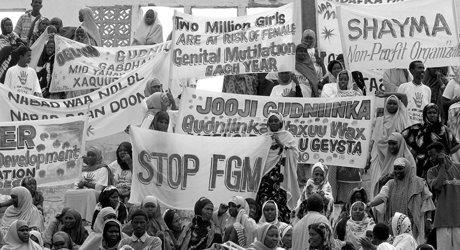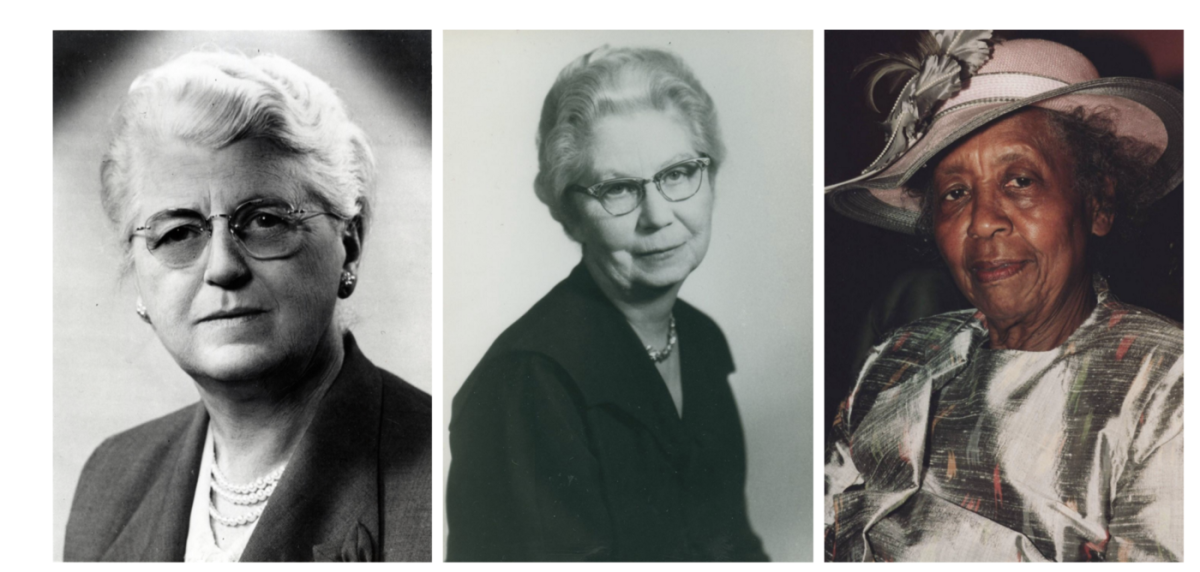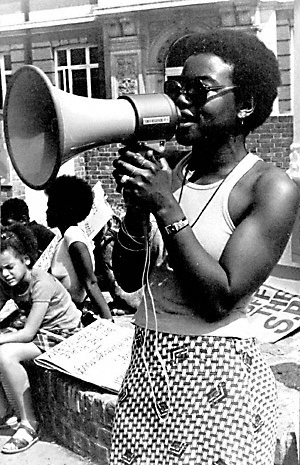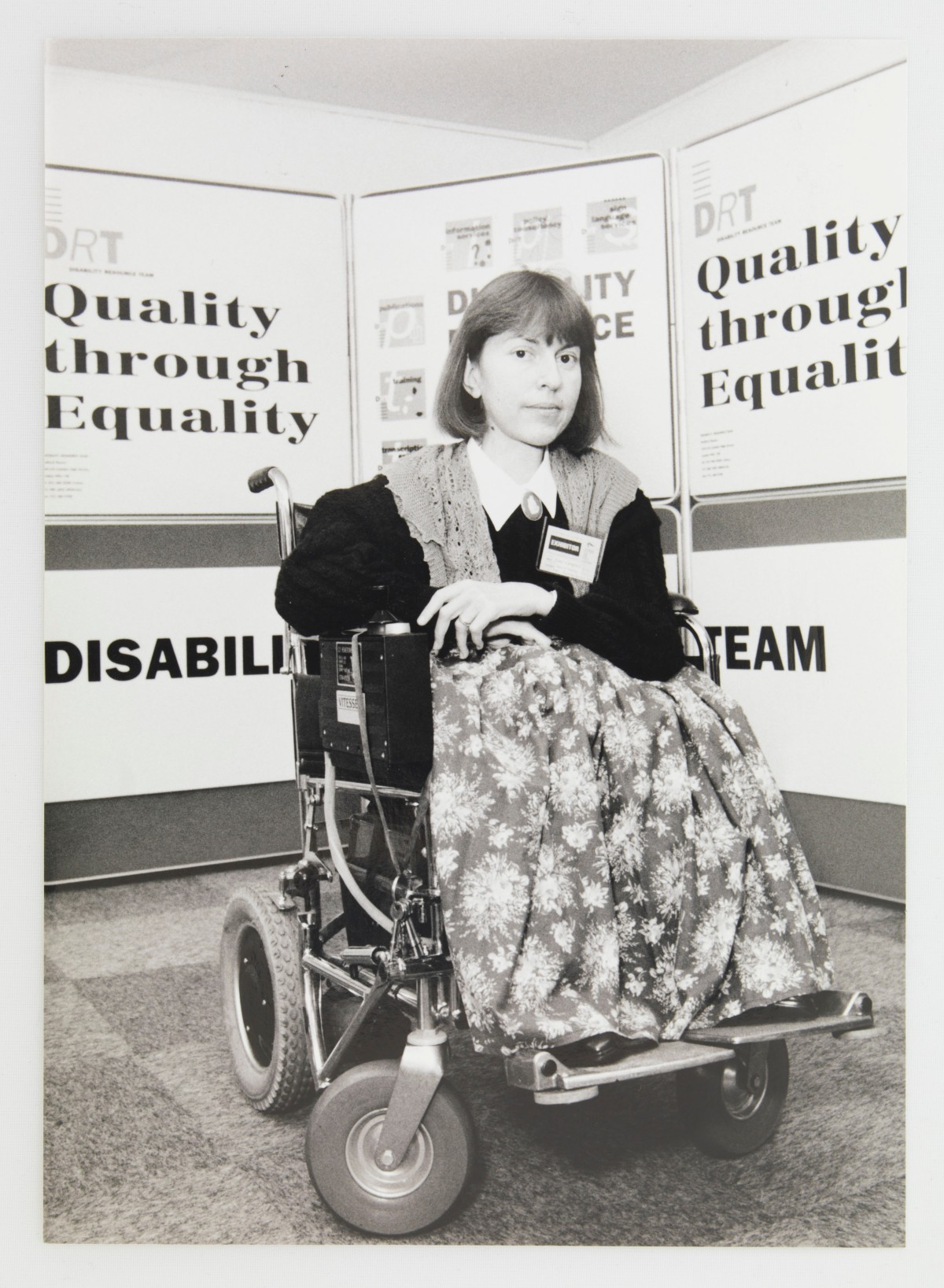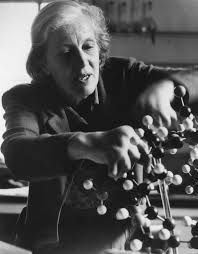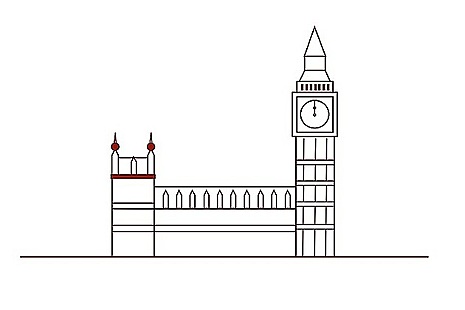Myra Bradwell (née Colby) was born in the US state of Vermont on 12 February 1831.
In 1873 the US Supreme Court sat for the case of Bradwell v. State of Illinoisin which Myra challenged Illinois’s refusal four years prior to grant her a licence to practice law on the basis of her sex.
Although her application was refused, in 1890 the Illinois Supreme Court granted Myra a law licence with the US Supreme Court following suit in 1892. As both courts granted the licence as of the date of her original application, Myra is known as the first woman lawyer in the state of Illinois and the first woman to be admitted to practice before the US Supreme Court.
THE ABILITY AND POWER OF THE LITTLE WOMAN
As for many girls at the time, Myra’s formal schooling consisted of literature and the arts, with an emphasis on training girls for their expected roles as wives and mothers.
While working as a teacher at the seminary in which she finished her schooling, Myra met a young James Bradwell. Born into a family of poor English immigrants, James financed his education by doing manual labour. The Colby family did not approve of him as a suitor for their daughter, and when the couple eloped Myra’s brother pursued them with a shotgun in an attempt to stop the marriage. Nevertheless, they were married in Chicago on 18 May 1952.
In 1854 the Bradwells settled in Chicago, Illinois, where James completed his legal studies. In 1855, he was admitted to the Illinois bar and in time became a Cook County judge and a state legislator.
IT WOULD SEEM TO BE A NOVEL ENTERPRISE FOR A LADY
On 3 October 1868, Myra began publishing the Chicago Legal News. In its maiden edition Myra wrote,
“[in] presenting to the public the Chicago Legal News, we offer no apology and make no promises, except to say that we shall do all we can to make it a paper that every lawyer and business man in the north-west ought to take.”
The publication of the paper caused a stir, with the Chicago Sunday Times noting that, “it would seem a novel enterprise for a lady.” However, the paper soon gained in popularity and success, with the American Law Review observing in 1894 that, “[p]ractical newspapermen and prominent lawyers at once predicted its failure, but they underestimated the ability and power of the little woman.”
At the paper’s inception a legal doctrine known as coverture was still in force whereby, upon marriage, a woman’s legal rights and obligations were subsumed by those of her husband. Coverture prevented married women from owning property or making contracts in her own name. With her husband’s notoriety and the family’s influence within the legislature, approval was secured for Myra to act as president of the Chicago Legal News Publishing Company without the usual legal disabilities that accompanied married women’s attempts to enter business.
The “little woman” made sure that the publication was indispensable to every lawyer in Illinois, and eventually the nation. The statutes printed in the Chicago Legal News were valid as evidence in court, making a subscription to the publication an essential tool for lawyers.
In the great Chicago fire of 1871, Myra had the presence of mind to save the subscription book for the newspaper. Myra solicited advertisements from legal book publishers, recognising that lawyers in Chicago would have to replace their law libraries. In addition, Myra printed and sold back copies of the Chicago Legal News to replace those that were lost in the fire, and the Illinois legislature designated the Chicago Legal News as the official publisher of all legal records lost in the fire.
Legal news was not the only component of the newspaper. Myra used the paper to advocate many social and legal reforms and women’s issues, particularly in her weekly column “The Law Relating to Women”.
THE DISABILITY IMPOSED BY YOUR MARRIED CONDITION
Before she began the Chicago Legal News Myra had been studying law for several years. At the time the study of law could be undertaken at a law school or under the supervision of a practicing attorney. As a woman Myra was prohibited from attending law school, so she read law with James.
In 1869, at 38 years old, Myra passed the Illinois bar exam with high honours and applied to practice law in Illinois. Myra submitted to the Illinois Supreme Court a certificate of qualification signed by a circuit judge and a state’s attorney.
On 7 October 1869, Myra received a written reply from the court reporter in which her application was denied due to the “disability imposed by your married condition”. Until the legislature removed Myra’s coverture declared marital disability, the court regarded itself powerless to grant her application.
In Bradwell v. Illinois, 83 U.S. (16 Wall.) 130 (1873), Bradwell appealed to the United States Supreme Court, claiming that refusing to admit her to the bar on the basis of her sex violated her 14th Amendment rights.
In an 8-1 decision, the Supreme Court rejected Myra’s application. In his concurring opinion, Justice Bradley referred only to “the law of the creator” as interpreted by the “founders of the common law”:
The paramount destiny and mission of woman are to fulfill the noble and benign offices of wife and mother. This is the law of the Creator. And the rules of civil society must be adapted to the general constitution of things, and things cannot be based upon exceptional cases.
Myra never again requested entry into the Illinois bar.
THE LAW RELATING TO WOMEN
Myra was also heavily involved in the women’s suffrage movement, with her audience of lawyers, judges, and lawmakers giving her enormous influence as a women’s rights advocate. It is possible that Myra has been ignored as a leader of the suffrage movement because of her differences with Susan B Anthony of the National Women’s Suffrage Association, the movement’s leading historical figure.
The rift with Anthony occurred over a disagreement about supporting the 14th and 15th Amendments. Anthony did not support the Amendments that gave black people the right to vote because she felt the amendment should also have included women. Myra and other suffragists disagreed and urged a break with Anthony. They formed a second women’s suffrage organisation, the American Women’s Suffrage Association. Both Myra and James served on the Association’s legislative committee.
Myra also used her considerable influence and drafting skill to further the cause of women’s rights. For example, in 1873, Myra drafted a bill that James introduced to the Illinois legislature giving women the right to run for office in the Illinois public school system. The bill passed, allowing women to be elected to an office for which they themselves could not vote. James and Myra also ushered legislation through the state legislature allowing women to become notaries public, to keep their own earnings and giving women equal rights to the custody of their children.
In 1890, upon a request from James, the Illinois Supreme Court admitted Myra to the bar without a reapplication. The court recognised her status retroactively to the date of her initial 1869 application, making her the first woman to be admitted to the Illinois state bar. In 1892, she became the first woman admitted to practice before the US Supreme Court.
Myra died on 14 February 1894. Myra took great pride in the fact that her work made it possible for other women to enter the legal profession. Her own daughter, Bessie Bradwell Helmer, became a practicing attorney in 1882. After Myra’s death, her daughter continued her mother’s legacy and took over the running of the Chicago Legal News.
